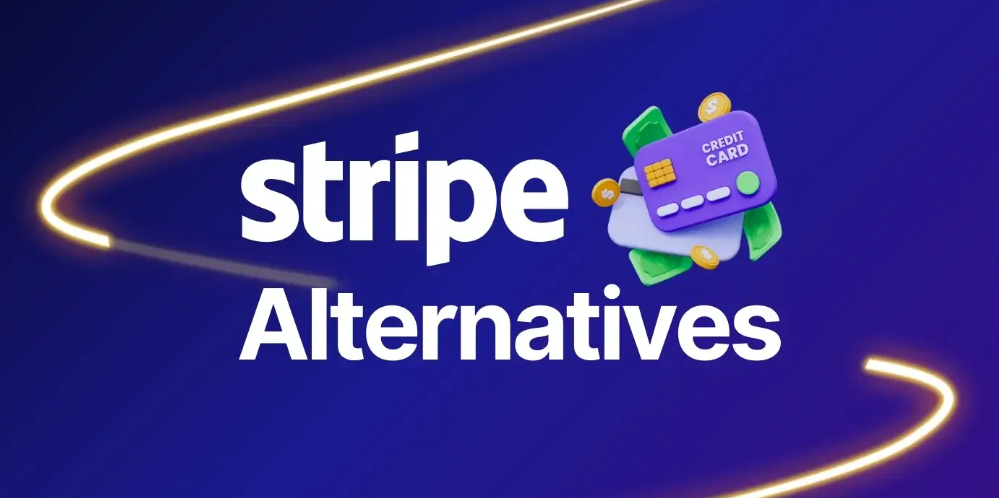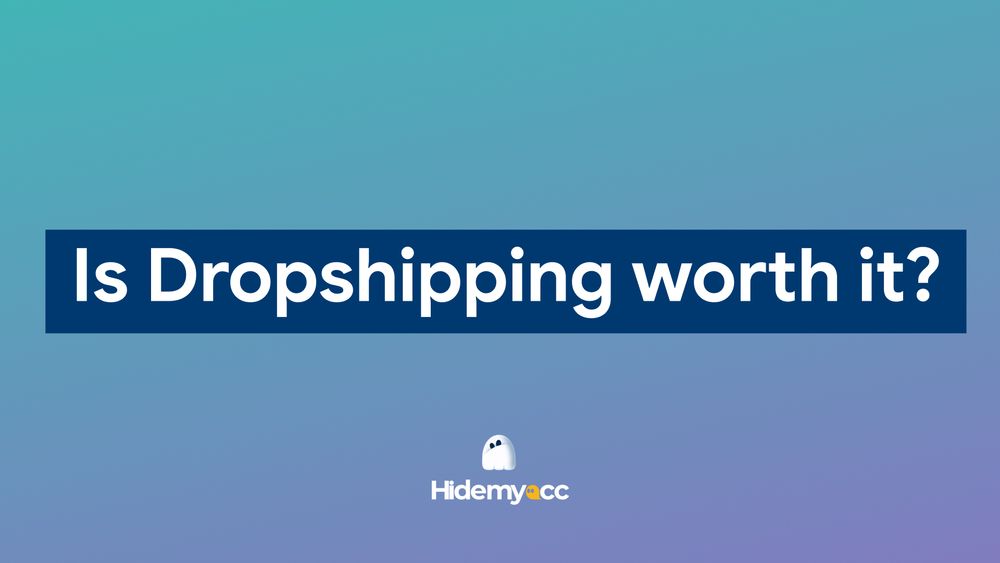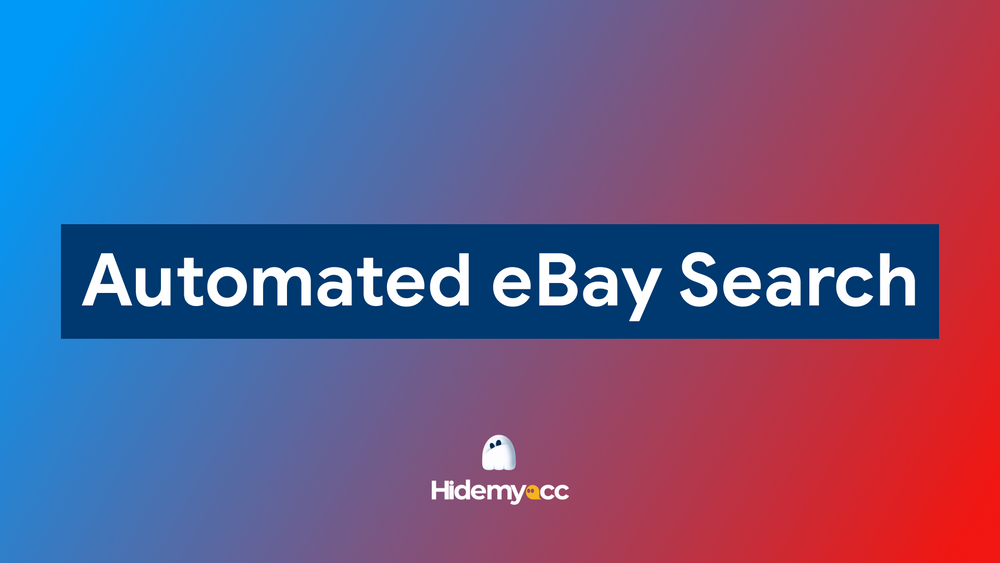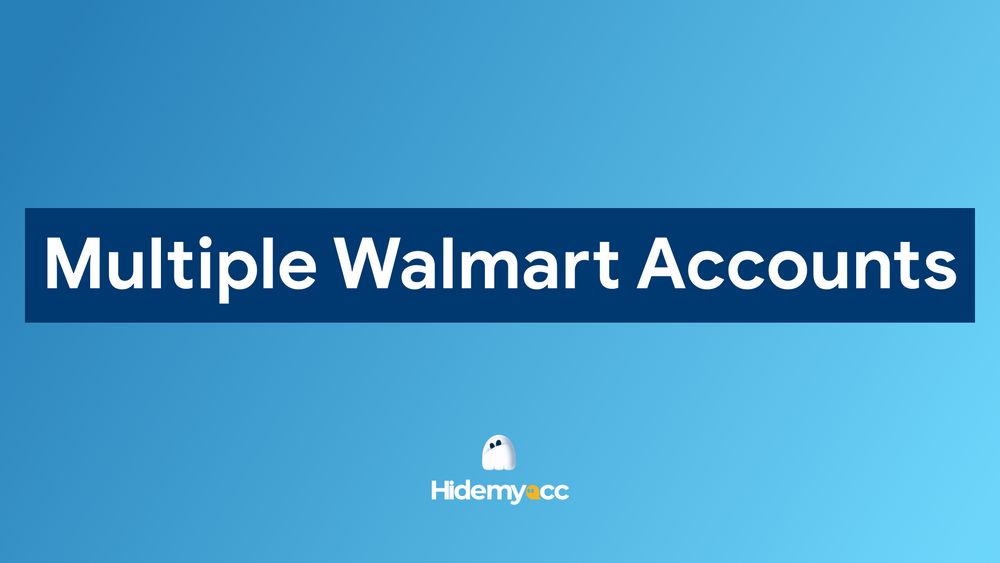Looking for the best Stripe alternatives? While Stripe is a powerful payment processor, it’s not always the right fit for every business. High fees, limited availability, and complex setup push many merchants to explore other options. In this guide, we compare the top Stripe competitors, their features, pros, and cons so you can choose the payment solution that works best for your business.
1. Why consider Stripe alternatives?
Stripe is a market leader for a reason it’s flexible, powerful, and offers one of the best APIs for developers. Still, it may not be the perfect match for every business. Here are the top reasons companies explore alternatives to Stripe:
- High Transaction Fees: Stripe charges a flat fee plus a percentage on every transaction. For businesses with thin margins, especially subscription services or low-cost eCommerce shops, these fees can add up quickly.
- Limited Regional Coverage: Stripe isn’t available everywhere. Businesses in countries where Stripe doesn’t operate are forced to look at other options.
- Customer Support Concerns: Many users report that Stripe’s support can be slow or inconsistent, particularly for small businesses that need immediate help.
- Complexity for Beginners: Stripe is designed with developers in mind. While that makes it powerful, it can be overwhelming for entrepreneurs or non-technical teams who want a simple plug-and-play solution.
These reasons explain why so many merchants are comparing Stripe competitors and testing different payment gateways that might better suit their business needs.

2. Key features to look for in a Stripe alternative
Not all payment processors are created equal, which is why it’s important to evaluate specific features before choosing a Stripe alternative. One of the first things to consider is transparent pricing. Some providers offer flat transaction fees, while others use tiered models, and knowing exactly how much you’ll pay can make a huge difference to your margins.
Another crucial factor is global reach. If your business sells internationally, you’ll want a payment solution that supports multiple currencies and local payment methods, ensuring smoother transactions for your customers worldwide.
It’s also worth checking which payment methods are supported. Today’s consumers expect more than just credit cards they often prefer digital wallets like Apple Pay, Google Pay, or PayPal, and in some regions, direct bank transfers are the standard.
For SaaS companies or businesses that rely on subscriptions, strong recurring billing tools are essential. Features such as flexible billing cycles, automated invoices, and retry logic for failed payments help you maintain steady revenue without constant manual oversight.
Security should never be overlooked. Robust fraud protection features like advanced fraud detection, chargeback prevention, and full PCI compliance give both you and your customers peace of mind.
Finally, consider the ease of integration. Some companies value powerful APIs for custom solutions, while others may prefer a ready-made dashboard or native integrations with platforms such as Shopify and WooCommerce.
By keeping these criteria in mind, you’ll be better equipped to choose from the many Stripe alternatives available today and find the one that truly fits your business needs.
3. Top Stripe alternatives in 2025
Before exploring the top Stripe alternatives, it's important to understand the need for flexible and secure payment solutions. Whether you're a startup or an established business, the right payment gateway can greatly impact your revenue and customer experience.
3.1. PayPal
PayPal is one of the most widely recognized names in online payments, trusted by millions of merchants worldwide. It offers a simple setup process, strong brand recognition, and global availability, making it particularly appealing to eCommerce businesses and freelancers. Customers also appreciate the wide range of payment options and the familiarity of using PayPal at checkout. However, the platform comes with higher fees compared to some competitors, and chargeback handling can feel inconsistent.
About Paypal: Can I Have Multiple PayPal Accounts? Genius Hack Unveiled
3.2. Braintree
Owned by PayPal, Braintree is a developer-friendly solution that works especially well for SaaS companies, mobile applications, and marketplaces. It provides robust recurring billing features, international coverage, and strong fraud detection tools. While Braintree is an excellent choice for subscription businesses, it does require more technical knowledge during setup, which may pose challenges for smaller teams without developer resources.
3.3. Adyen
Adyen caters primarily to large enterprises with significant transaction volumes. Trusted by global brands like Uber, Spotify, and Microsoft, Adyen provides a unified platform that handles online, in-store, and mobile payments seamlessly. Its strengths include omnichannel support, detailed analytics, and advanced fraud protection. Still, the complexity of its pricing structure and the enterprise-level focus make it less suitable for smaller merchants or startups.
3.4. Square
Square, originally launched as a point-of-sale system, has evolved into a comprehensive payment processor. It is particularly popular among small businesses and brick-and-mortar shops thanks to its easy setup, integrated POS hardware, and transparent fees. While Square excels in serving local and retail businesses, its international support is still limited, which can be a drawback for merchants with global ambitions.
3.5. Paddle
Paddle takes a different approach by operating as a Merchant of Record (MoR). This means it handles tax compliance, invoicing, and chargeback management on behalf of its clients, reducing administrative burdens for businesses. Paddle is especially attractive to SaaS companies and software businesses that need help managing VAT, GST, and compliance. However, this convenience comes at a cost, as its fees are generally higher than those of simpler processors.
3.6. FastSpring
FastSpring is another MoR provider that, like Paddle, focuses on SaaS companies and digital product vendors. It simplifies global transactions, subscription billing, and compliance processes, making it a strong choice for software vendors and startups looking to expand internationally. Its specialization in digital goods, however, makes it less appealing for businesses selling physical products.
3.7. 2Checkout (Verifone)
2Checkout, now rebranded as Verifone, is designed with international eCommerce in mind. It offers multi-currency support, recurring billing options, and reliable fraud prevention tools. This makes it a strong contender for businesses looking to expand across borders, whether they operate in retail or SaaS. On the downside, its fees are often higher than those of local providers, which can add up for high-volume merchants.
3.8. Authorize.net
Authorize.net is one of the oldest payment gateways and continues to serve small and medium-sized businesses with reliable credit card processing. It is known for strong security and wide adoption across industries. While it remains a trusted option, some users find its dashboard and interface outdated compared to newer competitors.
3.9. Shopify Payments
Shopify Payments is an integrated solution built directly into the Shopify platform, designed specifically for store owners. By removing the need for third-party payment processors, it streamlines the checkout process and ensures a seamless experience for merchants and customers alike. The catch is that it is only available to Shopify users, making it inaccessible to businesses running on other platforms.
About Shopify:
- How to manage Shopify multiple stores and maximize profit
- Dropshipping on Shopify – Your A-Z guide to success
3.10. GoCardless
GoCardless focuses on recurring billing and direct debit payments, making it an excellent choice for subscription services, memberships, and businesses that rely on invoicing. It stands out for its low fees and reliable direct debit system, which is especially beneficial for recurring payments. However, its limited support for one-time transactions may restrict its usefulness for businesses with more varied payment models.
4. Comparison table of Stripe alternatives
A quick comparison of Stripe alternatives, highlighting key factors like fees, integration, and security. Check out the table below for a side-by-side look.
|
Provider |
Best For |
Strengths |
Drawbacks |
|
PayPal |
eCommerce, Freelance |
Global reach, brand trust |
Higher fees, chargebacks |
|
Braintree |
SaaS, Marketplaces |
Recurring billing, fraud protection |
Technical setup |
|
Adyen |
Enterprises |
Omnichannel, strong analytics |
Complex pricing |
|
Square |
Small Businesses |
POS + online integration |
Limited global coverage |
|
Paddle |
SaaS, Software |
MoR model, compliance handled |
Higher transaction costs |
|
FastSpring |
SaaS, Digital goods |
Subscription tools, tax management |
Less suited for retail |
|
2Checkout |
International Sales |
Multi-currency, multiple payment methods |
Fees can add up |
|
Authorize.net |
SMBs |
Reliable, secure gateway |
Outdated interface |
|
Shopify Payments |
Shopify Stores |
Native Shopify integration |
Shopify-only |
|
GoCardless |
Subscriptions |
Low fees, direct debit billing |
Limited one-time payments |
5. How to choose the right Stripe alternative
Choosing the right payment provider depends on your business model, target audience, and budget. For SaaS companies, options like Paddle, FastSpring, or Braintree are ideal because they offer strong recurring billing capabilities and help manage compliance efficiently.
Small businesses may find Square, PayPal, or emerging alternatives such as Helcim easier to set up and manage without requiring technical expertise. These providers allow smaller teams to start accepting payments quickly while keeping operational complexity low.
Global enterprises benefit from providers like Adyen and 2Checkout, which deliver robust international coverage and scalability for high-volume transactions. Their platforms support multiple currencies, payment methods, and advanced analytics, making them suitable for large-scale operations.
For eCommerce merchants, Shopify Payments provides seamless integration for stores hosted on Shopify, while PayPal remains a widely trusted choice among online shoppers. Both options simplify checkout experiences and can help increase conversion rates.
Businesses focused on subscription services can rely on GoCardless or Braintree, both of which provide dependable tools for managing recurring payments. These platforms ensure smooth billing cycles, automated invoicing, and reduce the risk of payment failures.
By considering your specific business needs and matching them with these categories, you can narrow down the list of Stripe alternatives to the solution that offers the most value for your operations.
6. Conclusion
Stripe is one of the best-known payment processors, but it isn’t the only choice. Depending on your needs, you may benefit from lower fees, better customer support, or specialized features that Stripe doesn’t provide.
From PayPal and Square for small businesses, to Paddle and FastSpring for SaaS, and Adyen for large enterprises, the market is full of powerful Stripe alternatives. Each option comes with its strengths and trade-offs, so the best approach is to evaluate your business requirements, test the platforms, and calculate the true cost of using each provider.
Businesses don’t need to rely on a single solution. By choosing the right alternative to Stripe, you’ll give your customers more flexibility, reduce payment friction, and set your company up for smoother growth.
7. FAQ
What is the best alternative for Stripe
It depends on your business. SaaS: Paddle, FastSpring, Braintree; Small biz: Square, PayPal; Global: Adyen, 2Checkout; Shopify: Shopify Payments.
Is Stripe owned by Elon Musk?
No, Stripe is privately owned by its founders, Patrick and John Collison.
Is Adyen cheaper than Stripe?
It depends on volume and region. Adyen can be cheaper for large enterprises, Stripe simpler for small businesses.
Is Zelle better than Stripe?
No. Zelle is for person-to-person payments, Stripe is for business transactions and online payments.
What is better, Stripe or Square?
Stripe is best for online and subscription businesses, Square works well for small and retail businesses.
Does PayPal own Stripe?
No, Stripe is independent. PayPal owns Braintree, not Stripe.






